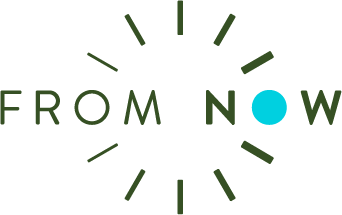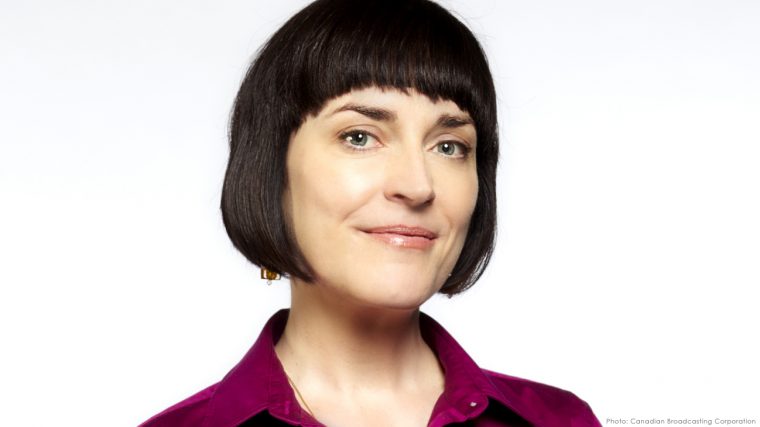Where are we going in this world with so many advanced in technology? How will our homes, communities, cities and world change? Will it be for the better or for the worse? This is part of a set of interviews with experts on this subject that will be speaking at the From Now conference on 7th June.
Last week I spoke with Amal Graafstra on biohacking and that caused quite a stir on VIA’s Facebook page (see what went down here). It seems that we are all a little concerned about what technological developments mean for us as a society (last years hype about the NSA did not help with that at all). Not all of the future is so dark.
This week I was lucky enough to grab some time with CBC Spark’s Nora Young, who is talking at the From Now conference on bleeding edge design plans for a democratic, playful, Internet of Things-ified city. We are bringing Nora in because she is an informed and ideal guide for anyone looking to examine the ever-changing high-tech landscape and helps audiences understand trends in gadgets, apps, social media, and more, while showing them how to better protect their privacy in our increasingly digital world.
Hi Nora, what drives your passion to keep looking at and talking about how technology is changing our world?
Technology is political; technology is cultural. What engages me is looking at the intersection of those three things. Too often, we talk about technology as a separate sphere of life. On Spark, we want to see it as nested in all parts of the culture. When we use the word 'technology' we usually mean 'new technology' (I do this too). We don't think of a book, say, as a technology, but of course it is. Just as books and literacy have all kinds of history, culture, and politics, so too will the new technologies we're building now. How can you not be passionate about that?
What is the one technological development happening right now that you are the most excited about?
There's a ton of hype about The Internet of Things right now, but beyond the buzz, I do feel there's real potential. This is why I wanted to present on this subject at From Now: to push myself - and hopefully the conversation at Future Now - into imagining how the IoT can be developed creatively. As I suggested above, once a technology's been with us for a bit, it starts to become invisible as a technology. It's at moments of new technological development that we can question the context of the technology.
At From Now you will be talking about imagining design plans for democratic, playful, Internet of Things-ified cities. How do you see cities in 20 years time?
I think the difficult nut to crack with an IoT city is how it can be exciting - which is what we want from cities - but not overly 'noisy'. I am interested in Keiichi Matsuda's ideas about this. How is it not going to be overwhelming? More than that, how can it still leave a place for serendipity, and surprise?
On Spark, we've talked to people trying to bring an artistic, playful sensibility to these questions, which will be key. Beyond that, my hope is that in an Internet-of-Things-ified world, we can see the city as an organism, think about it using metaphors and lessons from nature. Now, this is more how I 'hope' things will be, than how I 'see' things, but I have chosen to give myself over to optimism (for From Now, at least!)
Can you give us a big prediction that will likely happen from now until 2045 (the reported year where the singularity will be realized)?
I plan on reaching the singularity on February 7th, 2044.
Slightly ahead of the curve I see. We look forward to seeing you speak on 7th June. VIA readers, do take some time to look at the podcast episodes of CBC Spark here. We have an interview with Michael Fergusson from Vancouver games company Ayogo next week on healthcare and apps - stay tuned.
Nikolas Badminton is a futurist, innovation consultant and the curator of From Now, a not-for-profit conference, hosted at Vancouver agency Make’s amazing warehouse space, for people to come together, learn and discuss how technology is integrating into and changing our societies and culture. See what the talks will cover and register here.




